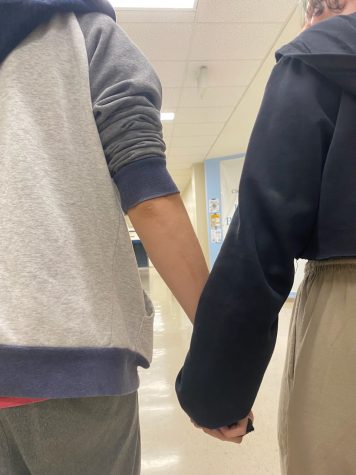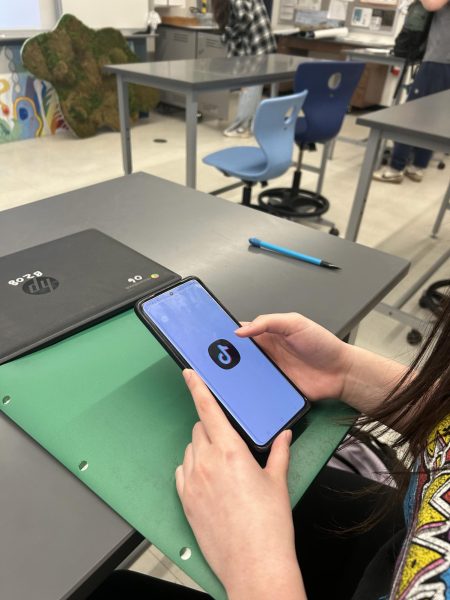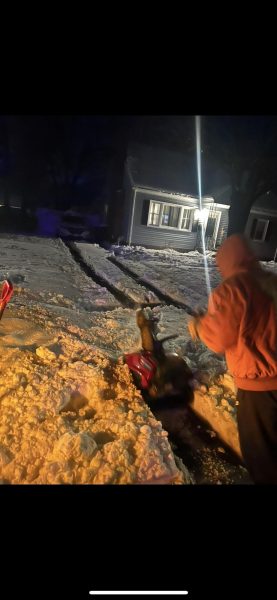Domestic Violence and Resources


Domestic violence is a more frequent situation that one may not anticipate within relationships, and iIs defined as violent or aggressive behavior within the home. This behavior typically involves the abuse of a spouse or partner.
Domestic violence can escalate to headline news, but is frequently more discreet. Therefore many teens don’t know the signs, and are unprepared for handling these situations. With that being said, teens don’t know more about domestic violence because some may not exhibit symptoms, or voice what they are going through to others. Violence within one’s personal life can occur between relationships at home, relationships with significant others, and relationships with friends. Domestic violence may occur because of childhood trauma, use of alcohol or drugs, poor behavior control, attention deficits or hyperactivity, high emotional stress. These are just a few of the reasons as to why domestic violence may take place, there isn’t a defined reason as to why such violence may happen.
When someone hears about a domestic violence situation, most people assume that it takes place with adults, and in marriage. However that is not often true, domestic violence can also take place with teens. It is more unknown, because teens are not often aware of the signs. Flaviana DeOliveira, DCF worker said, “Yes, I believe that teens are more susceptible to domestic violence because they are not mature enough to see the signs, or not mature enough to handle certain situations.” After implementing a survey, 60% of teens say they have known someone that has been physically or emotionally abused by a significant other. When asking teens if Hall High School has given them resources and knowledge to handle a violent situation, such as domestic violence, 67% of students responded with no. The signs are often difficult to see, and not many people are aware that it is going on due to the fact that it’s taking place with someone and their loved one. Flaviana DeOliveira said “ You can often see someone that is dealing with domestic violence struggling with withdrawal, depression, drinking, drugs or fear of anyone talking to their partner.” This is not always the case, but it is important to be knowledgeable of the signs. 60% of teens said they know how to deal with and escape a situation if they are involved in domestic violence, and 53.3% said they know how to get someone else out of the situation. The situation is a very unique and hard thing to deal with, Flaviana DeOliveira said, “There are several services in the community that are available to help those that deal with this, Prudence Crandall, there are several agencies, Wheeler Clinic, Klingberg.”
It is important for teenager’s to understand that they can experience domestic violence in any of their relationships. In order to help someone understand that they are a victim, it is crucial to help them analyze what is happening to them and make them aware that they are not alone and that the situation they are experiencing is not their fault. Most high school’s should be educating their students to look for signs in their own relationships as well as help students recognize the signs, in case one of their friends falls victim. Most importantly, school’s can help play a role in educating teens about where services exist in the community in case the teen does not feel comfortable going to their parent, friend or school counselor. Providing all students with detailed information about the signs of domestic violence as well as where they can get community services is one way to normalize the issue, so that those that may be experiencing the abuse may not feel singled out.





